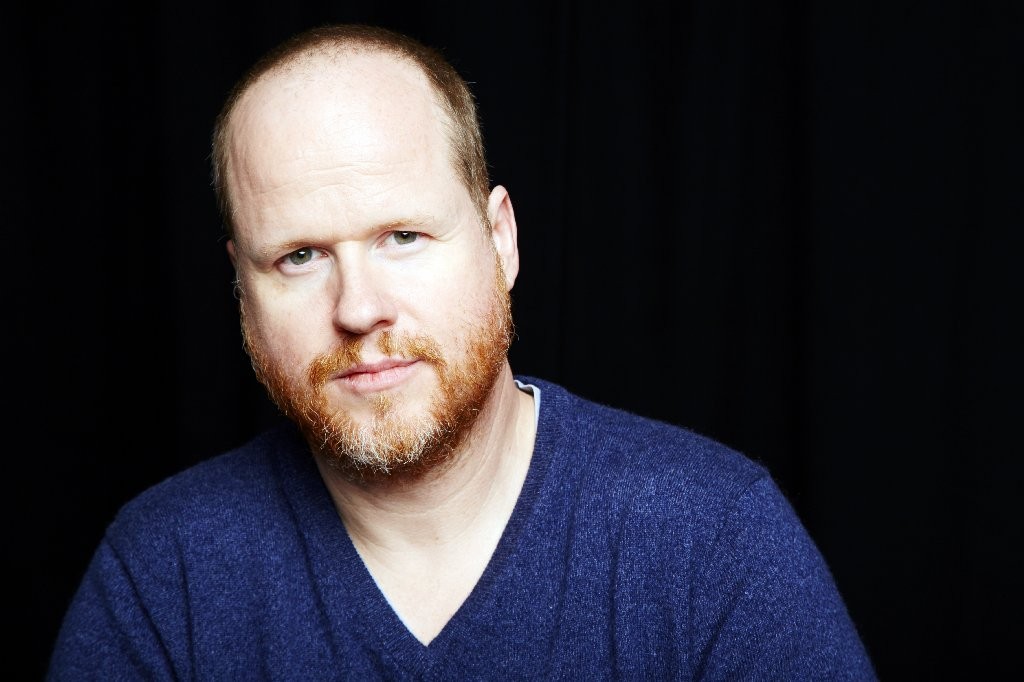Just one week after I bemoaned the impact of pseudo-liberals on social discourse, many of them have engaged in a hate campaign against writer/director Joss Whedon that verges on self-parody. I didn’t intend to return to the subject so soon, but the sheer pervasiveness of these cliff-hanging leftists means writing about them almost guarantees that one’s words will be depressingly topical.
So, what imaginary slight has sent them into an apoplectic fit of rage this time? It seems many have objected to how Scarlett Johansson’s character, Natasha Romanoff/Black Widow, was written for Avengers: Age of Ultron. I can’t speak to the specifics of their gripe because I haven’t seen the film, but I don’t need to see it in order to criticise their actions. Even if Romanoff’s entire character arc consisted of washing dishes, vacuuming and doing laundry, it still wouldn’t justify the toxic rhetoric that has been spewed at Whedon.
What it would justify is civil discussion and reasoned debate. Unfortunately, that is now unlikely because Whedon has deactivated his Twitter account and retreated from the public eye in response (note added below) to a tidal wave of death wishes, contempt, slander and caps-locked invective. The following snippet from my previous piece seems particularly relevant in light of a celebrated progressive being targeted:
Is this style of discourse working for anyone? Beyond deepening already-profound rifts and alienating would-be allies, what is being achieved?
As I pointed out on Twitter, Whedon could scarcely be more progressive, yet even he couldn’t negotiate the current minefield of social discourse. Remember, this is someone who has built his career on writing strong female characters. Indeed, one could argue that entertainment comes second to communicating his feminism. I defy anyone to watch the series finale of Buffy the Vampire Slayer and come away thinking the man is a misogynist. The show’s protagonists save the world by empowering women—quite literally. If Whedon is beyond the liberal pale, what hope does anyone else have?
There is a way to disagree with people without vilifying them. If you think someone is in the wrong, attempt to correct them. Engage with them and highlight what you feel is the error of their ways. If they aren’t receptive to that approach, at least you tried. What people do not find persuasive is abuse. You are unlikely to smear and shame someone into sharing your opinion. Instead, you are probably going to alienate someone who would otherwise be an ally.
Part of what led to this collective meltdown of the illiberal left is that everyone has their own idea of what makes a strong female character. I have largely withdrawn from the GamerGate discussion because there is almost no way to contribute an opinion without people thereafter assuming they know your position on almost everything else—Tim Lott calls this the “assumption creep”. However, pro-GamerGate video game developer Daniel Vávra has made an observation about female video game characters that can be applied more generally:
If women in your game look good, you are sexist; if they look bad, you are sexist; if you can fight with them, you are misogynistic; if you can’t fight with them, you are using them as objects; if you don’t have any women, because there is no correct way how to have them, you are misogynistic.
In other words, the creative game is rigged. Even among the many voices denouncing Whedon’s take on Black Widow’s character in Age of Ultron, there are likely to be countless disagreements over what defines a strong female character. A woman can be strong whether she is a stripper, a teacher, a student, a CEO, a stay-at-home mother, or saving the world with her fists. There is no universal female experience, so angrily imposing one’s idea of womanhood onto everyone and everything else is profoundly wrongheaded.
Unfortunately, some people will be unhappy no matter how a female character is imagined, and many of them are determined to be offended. Female depiction is rapidly becoming the Muhammad of the privileged. That is to say, depicting either will rather reliably lead to misery. For some, even representations in superhero movies go beyond aesthetics and into normative ethics. Age of Ultron isn’t poor cinema; it is wrong cinema. We are talking about pop-culture puritans who don’t just want content creators to cater to their tastes; they want content creators to cater only to their tastes. The idea that one’s personal preferences are definitive in such contexts is truly narcissistic, particularly when dealing with complex issues like gender, race and sexuality.
At this point, it’s probably worth reiterating that I am writing about someone receiving death threats because of how he chose to make his movie. More than anything else, some perspective is probably needed. This latest story is merely a symptom of a much broader issue.
Note: Joss Whedon has since denied that he deactivated his Twitter account in response to abusive tweets he received from “militant feminists”. I can’t say I buy his explanation, nor does it detract from the general point of the article, but I’ll let you decide for yourself. You can find his BuzzFeed interview here.

